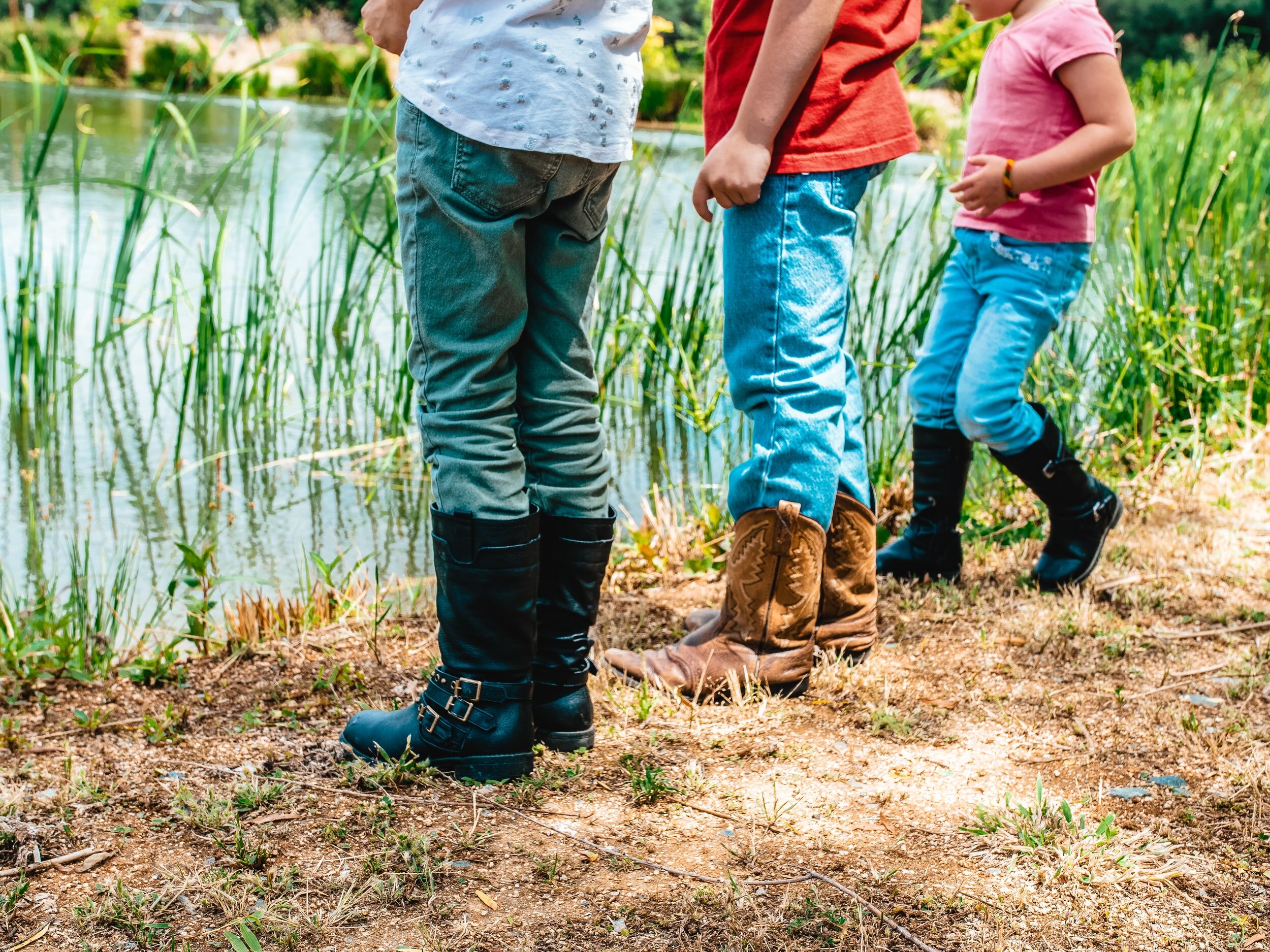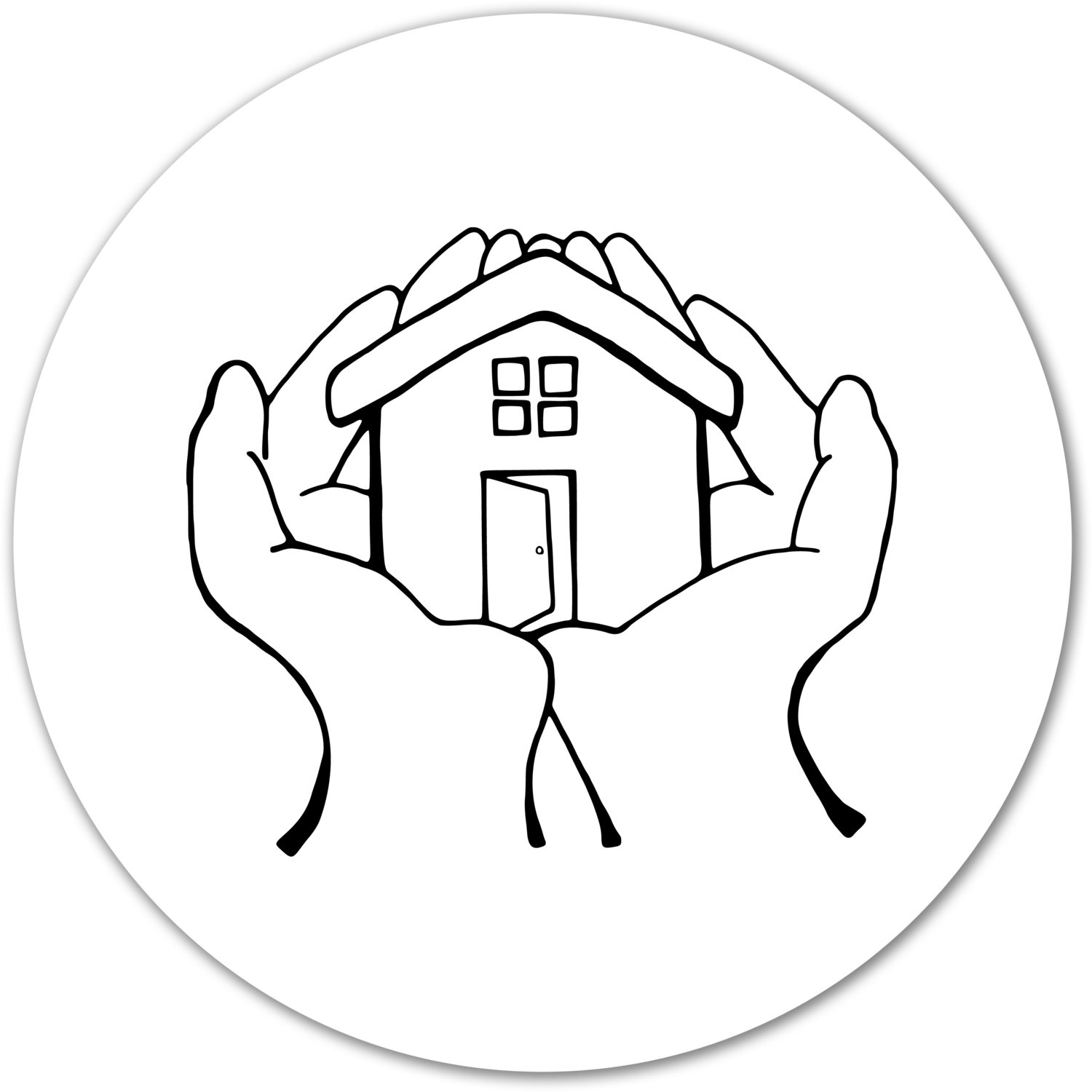
Our Strategy
The Need.
Foster children have been torn from the most foundational of human relationships, that of a child to their parents. When this God-ordained relationship is fractured there are significant spiritual and emotional consequences. Well-meaning foster parents stand in the gap to give these children the love and support that all humans require, but they are often unequipped and unsupported in their difficult work. Most find that they are unable to continue fostering after their initial placement due to the behavioral issues these children exhibit as a result of the trauma they have experienced. There are approximately 8,000 children in the Wisconsin foster system.
We believe the Church is the answer.
Placing Christian Care Communities around these families is a proven solution to keep them fostering longer. Care Communities provide support in the areas of childcare, child mentoring, meals, and prayer. This keeps families fostering longer, and encourages others to become foster parents as they see that their fellow Christians will support them.
Partnerships
Welcomed Family Advocacy Ministry (FAM) partners with local churches.
Partnerships with churches are essential for the full impact of family advocacy ministry to be realized. When churches make a Welcomed ministry their own, they become a force for good in their local communities and are able to truly invest in the well-being of their local foster families.
The Perfect Combination
Every Family Advocacy Ministry needs support and leadership from three people: the church leadership, the volunteer leader of the FAM (who we call the advocate), and the Welcomed coach. The church leadership will stand behind and support the ministry that is led by the advocate. The advocate leads the ministry, gathering, equipping, and sending out volunteers. The Welcomed coach will resource and guide the advocate as they do their good work.
We have felt overwhelming support and can feel the prayers each week. It has also been amazing for our kids to see how important community is and how these other individuals have surrounded our family in love, prayer, and support.’
- Supported Foster Family -
A Proven Model
Welcomed Family Advocacy Ministry (FAM) exists to facilitate the establishment of Care Communities through connecting individual volunteers with foster families and through forming partnerships with individual Christinas and local churches to champion the care community model and reach their local foster families. All this, in a broad network that covers the state of Wisconsin.
Engage.
Creating awareness is the first step in getting people excited about caring for foster children.
Awareness will not end the foster care crisis, but the foster care crisis will not end without awareness. Awareness should always result in action.
Equip.
Volunteers will attend a required orientation led by their Church Advocate. Volunteers will be fully equipped to serve and fully supported by their Church Advocate.
Empower.
The Advocate places volunteers in a care community, striving to match the volunteer’s skills and abilities with the family’s specific needs.
The team is now launched and ready to serve!
Video: What is an Advocate?
People that may have been on their way out of foster care have been rejuvenated to stay involved…I just can’t say enough…Welcomed has made my job easier…I hope they never go away.
- Whitney Golding, Waushara County Foster Care Coordinator -
Care Community Model
A Care Community is an engineered group of 6-8 volunteers who are committed to providing practical aid, like meals and childcare, to a foster family in order to help them foster longer and stronger. Each team is ideally made up of one Team Leader, two Child Mentors, one Interim Caregiver, and four Family Helpers. Each Care Community is assigned to a willing foster family for ongoing support. The care communities are created, supported, and managed by an Advocate.
Religion that God our Father accepts as pure and faultless is this: to look after orphans and widows in their distress and to keep oneself from being polluted by the world.
-James 1:27 -

Affiliations
We love to work with other believers to show vulnerable children God’s love and care in their lives. We work cross-denominationally with churches and individual Christians because we believe that God’s people are the answer to the foster care need.
We agree with the truths set forth in the Nicene Creed.
Welcomed is partnering with Promise686, a ministry that has developed a successful model for supporting foster families through Care Communities. Live The Promise started creating care communities in the Atlanta area in 2013 and has grown immensely throughout Georgia and the surrounding states. National statistics show that 50-70% of foster families stop fostering during or after their initial placement. However, 92% of foster families surrounded with Care Community continue to foster.









